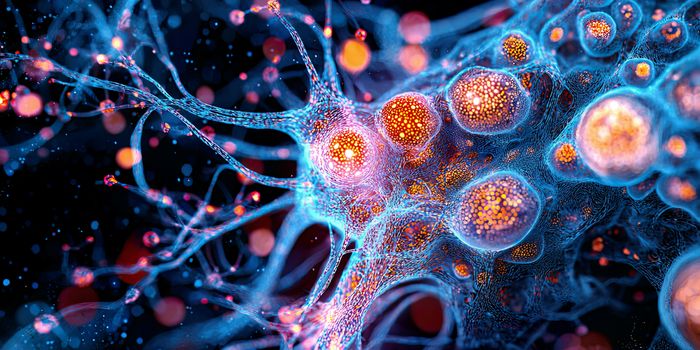Microbiome Disruptions & Poor Childhood Growth are Linked
The World Health Organization has estimated that in 2022, at least 149 million children under 5 were too short for their age, and 45 million were too thin for their height. About half of the deaths of kids under age 5 are related to malnutrition. Dietary problems and a simple lack of food is a major cause of this malnutrition, and they can cause serious health problems.
The microbes in the gut form a community as we grow and develop, and malnutrition can also seriously impair this gut microbiome. Research has shown that the relationship between the gut microbiome and food intake helps the body settle into a stable metabolic state. Studies have indicated that gut microbes from malnourished children can cause weight loss when they are transplanted into healthy mice. A dysfunctional gut microbiome can also lead to malnutrition.
Now researchers have shown that children with disrupted gut microbiomes are at higher risk for stunted growth. This study, which was reported in Cell, analyzed gut microbiome samples obtained over 11 months from eight children in Malawi who experienced malnutrition and had poor markers of growth compared to average for their age and sex. These children were part of a clinical study that tested the impact of certain foods on gastrointestinal disorders.
The researchers found that when the microbiomes of some of these children did not go through drastic changes, and were more stable, their growth was improved compared to children with unstable gut microbiomes.
The study authors have also compiled a database of almost 1,000 microbial genomes that were collected in this research. These genomes could help scientists develop ways to prevent or treat malnutrition.
"We know gut microbes are important mediators of malnutrition. By contributing to our understanding of how changes in gut microbes directly contribute to the condition, we pave the way for new methods to diagnose and treat millions of affected children worldwide," said co-corresponding study author Mark J. Manary, MD, a Professor of Pediatrics at Washington University School of Medicine in St. Louis.
"Stunting and acute undernutrition are defined by easily measured, physical measurements, which result from complex and diverse underlying processes," added study co-author Kevin Stephenson, MD, an assistant professor of medicine at WashU Medicine. "Improved resolution and accuracy in identifying microbial communities, how they change, and what they are doing may shed light on otherwise unmeasurable facets of undernutrition as well as the role the gut microbiome plays in causing it."
Sources: Washington University in St. Louis, Cell









